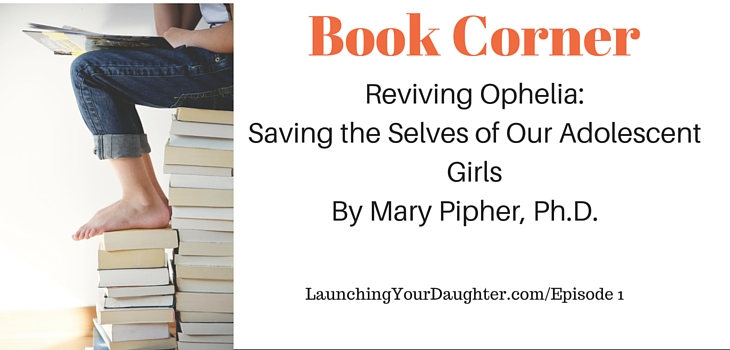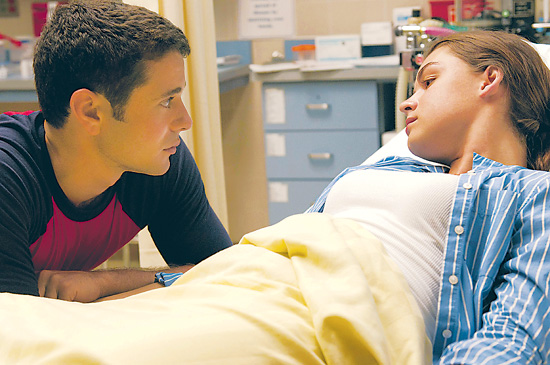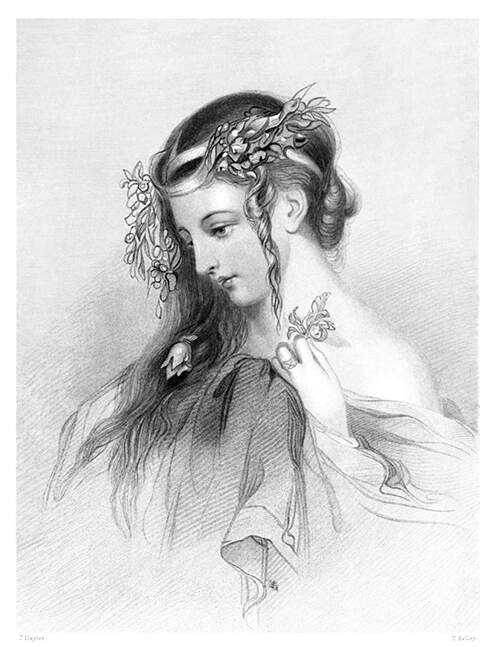

Between case studies, generalities abound ("Appearance was more important in the 1990s than in the 1950s and early 1960s," "Girls possess limited ability to sort facts from feelings"). "It's exceedingly difficult to write about three generations without making generalizations," Pipher writes - and she's correct.

But the intervening years have created some disconnects. The new edition also contains further commentary and new case studies - in the last 25 years, anxiety earned its own chapter. This is a book written for family the language is straightforward in delivering advice about trans teens, eating disorders, and divorce. She rages against the "rigorous training for the female role" girls run into and the denigration of their experiences: "Protest was called delinquency, frustration was called bitchiness, withdrawal was called depression, and despair was labeled hormonal." Cluing parents in to the "deep structure" - where questions about identity lurk underneath small outbursts - feels self-evident, but perhaps that's because the 1994 edition introduced the concept to the white suburban mainstream, where the teen girl has been studiously dissected in the decades since. However, though the problems of teen girls might be timeless, this update isn't - sometimes precisely because the discussion it inspired has moved beyond what an update can encompass.


Reviving Ophelia was a phenomenon whose influence on cultural conversation can be seen in later pop-psychology books and academic studies.Ī new 25th anniversary edition published this month (with Pipher's daughter Sara) is, like Dark Phoenix, a retelling of a familiar tale for a new generation. When the book was first published in 1994, Pipher presented teenage-girlhood as a distinct developmental stage that put girls under pressure in unique ways and requires special attention to their mental health to see them safely into adulthood. Mary Pipher writes in Reviving Ophelia: Saving the Selves of Adolescent Girls, "America is a girl-destroying place." Things don't end well for Jean, but that, too, is a familiar adolescent experience: As Dr. And it's the reaction of her team members as much as anything that speaks to being a teenage girl: People around you - even if they know you - treat you as inherently unknowable, deeply irrational, and somehow dangerous. The obvious (from the comics and the first generation of the franchise) has Jean Grey wrestling with new powers that enhance both her abilities and her capacity for destruction.īut this X-generation is younger, which gives Jean's struggle some distinctly adolescent subtext. The recent Dark Phoenix movie offers two familiar narratives. Your purchase helps support NPR programming. Close overlay Buy Featured Book Title Reviving Ophelia Subtitle Saving the Selves of Adolescent Girls Author Mary, Ph.D.


 0 kommentar(er)
0 kommentar(er)
